For any deposit-oriented transaction where a vendor takes your money and serves as an intermediary on your behalf, you need to know where your money is. Businesses have numerous intermediaries, such as treasury or payment fintechs, banks, 401(k) trust companies, brokers, and payroll providers.
Typically, these intermediaries may hold onto the cash you provide them as they complete the transaction that they are processing for you, such as contributions to 401(k) plans or your payroll. That cash is typically held somewhere before the transaction is finalized—even if it’s just for a short time. It’s important to understand where it is placed, who owns the account and who has access to it. In the event of a crisis with the intermediary, or the intermediary’s financial institution, your cash could be tied up in bankruptcy for weeks or months or wholly lost.
You also need to know the vendor’s responsibility for the money you provide them. For example, if your payroll provider’s bank has trouble, are they still responsible for paying your employees?
Before this recent crisis, it may have seemed that questions like this were irrelevant, but they weren’t. There just hadn’t been a problem of this magnitude since 2008. FDIC insurance generally only covers insured deposits up to $250,000 per account. In the case of the recently failed banks, the FDIC and the Federal Reserve made exemptions and changes to insured amounts. Still, there is no guarantee that those changes will remain in place or how uninsured deposits will be handled after this crisis passes.
Suffice it to say that holding millions of dollars in uninsured deposits requires a new standard of diligence.



